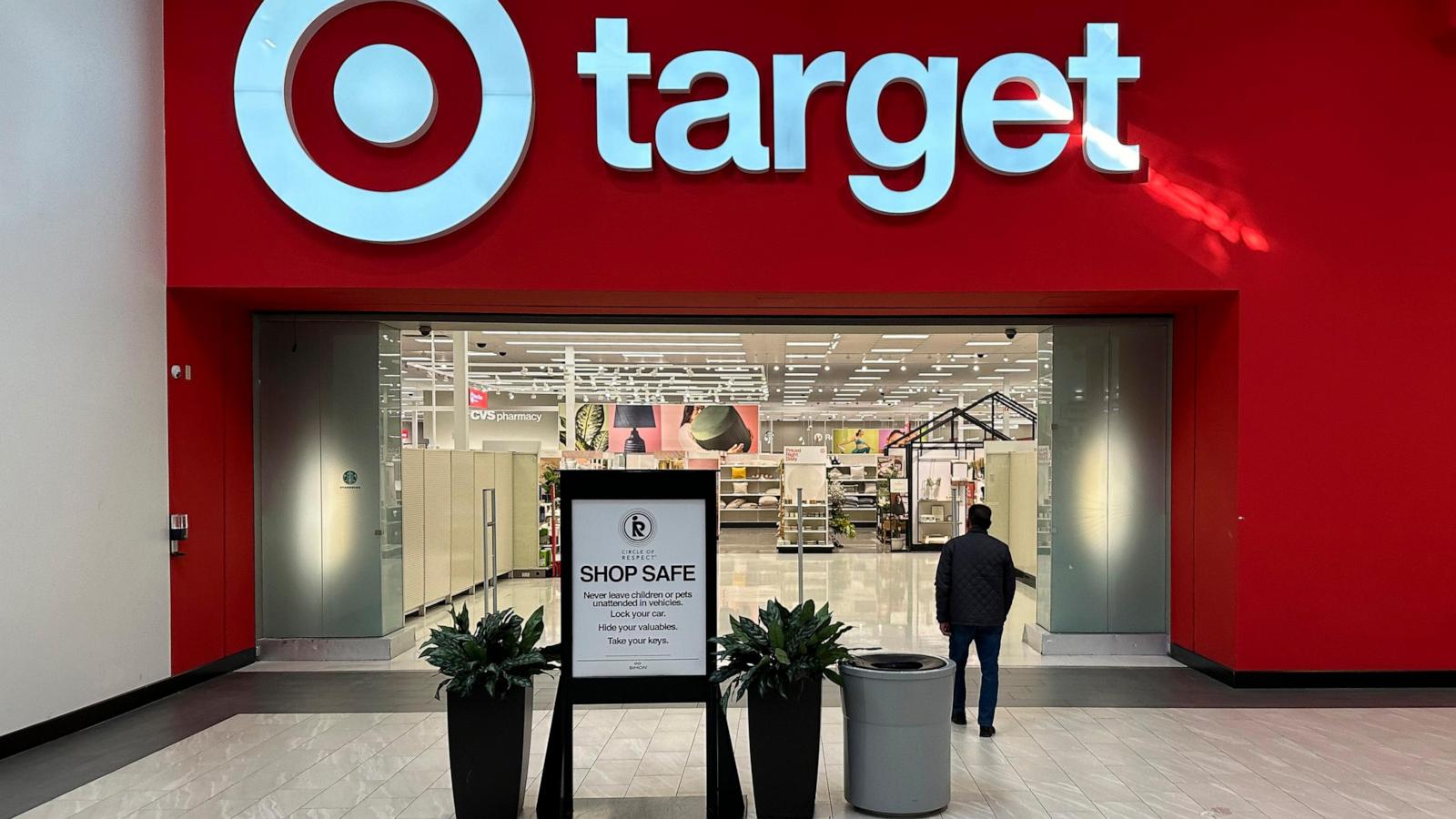Target Scales Back DEI Initiatives Amidst Growing Conservative Backlash
Get ready, because the corporate world's approach to diversity, equity, and inclusion (DEI) is undergoing a major shake-up! Target, the retail giant, has recently announced significant changes to its DEI programs, a move that follows a wave of similar decisions by other major companies and aligns with the current political climate. This decision throws a spotlight on the increasingly contentious debate surrounding DEI and its place in modern American businesses. Let's dive into the details.
Target's Shifting DEI Strategy: A New Chapter?
Target's decision to scale back its "Belonging at the Bulleye" strategy marks a significant shift for a company once viewed as a leader in LGBTQ+ inclusion. This initiative, launched in the wake of George Floyd's murder in 2020, aimed to foster a more inclusive environment for both employees and customers, particularly within the Black community and minority-owned businesses. However, Target announced they are ending the program aimed at supporting Black employees and promoting Black-owned businesses. This, coupled with the decision to discontinue its DEI goals, suggests a major reevaluation of their approach. This involves ending multi-year cycles of goals focused on minority representation and supplier diversity.
The Evolving Landscape of DEI in Corporate America
The recent Supreme Court decision outlawing affirmative action played a pivotal role in this shift, emboldening conservative groups to challenge corporate DEI initiatives. The evolving political and legal landscape has compelled many companies to re-examine and potentially revise their DEI commitments. Target isn't alone; numerous well-known brands including Walmart, McDonald's, and others have already taken similar actions, highlighting the widespread impact of the changing tides in DEI policy. This move towards scaling back DEI programs has become a trend in Corporate America.
Navigating the Political Minefield: Target's Balancing Act
Target has publicly sought to remain neutral and appeal to customers across the political spectrum. However, balancing this goal against their commitment to diversity presents challenges. This decision shows the difficulty corporations face while navigating changing social issues and political climate, which has led many companies to rethink their stance on diversity initiatives. As the business world grapples with the new normal in corporate social responsibility, the situation makes for a difficult situation for businesses to handle.
A History of LGBTQ+ Inclusion and Recent Backlash
Target’s commitment to LGBTQ+ inclusion is longstanding. The company even offered support for transgender employees in regards to the bathroom issue; however, due to boycott threats, additional changes in policies took place. The company has already faced significant backlash concerning its Pride Month merchandise, highlighting the precarious balance companies must strike. The decision to discontinue participation in surveys that gauge DEI effectiveness (such as the Human Rights Campaign index), is yet another step reflecting a move away from DEI activism and the controversies associated with it.
The Future of Corporate DEI: What Lies Ahead?
The recent events raise questions about the direction of corporate social responsibility, questioning the effectiveness and longevity of similar commitments to DEI. However, several successful corporations are remaining strong on their commitment. While Target’s decision is an indicator of shifts in policy, other notable firms such as Costco are standing strong against the trend and maintaining their established commitment to diversity and inclusion. The debate around the balance between inclusivity and the company's ability to be profitable, is still highly pertinent in many discussions today. There is also pressure from various parties, ranging from shareholders, politicians, to the general public.
Considering the Implications
This shift in corporate behavior towards DEI has far-reaching effects. The question arises: does this signify a regression in corporate social responsibility or a mere adjustment to meet evolving public expectations and legislative environments? Target is merely one example, and other companies may soon follow suit with a similar trend. However, others may find the strength and support to persevere with similar goals.
Take Away Points
- Target's scaling back of DEI initiatives reflects a broader trend in corporate America.
- The Supreme Court's decision on affirmative action and growing conservative pressure played significant roles in the change.
- Balancing competing demands for inclusivity and political neutrality is proving challenging for businesses.
- The long-term implications for corporate social responsibility remain uncertain.
- This event highlights a need for companies to balance ethical concerns with pragmatic considerations.









